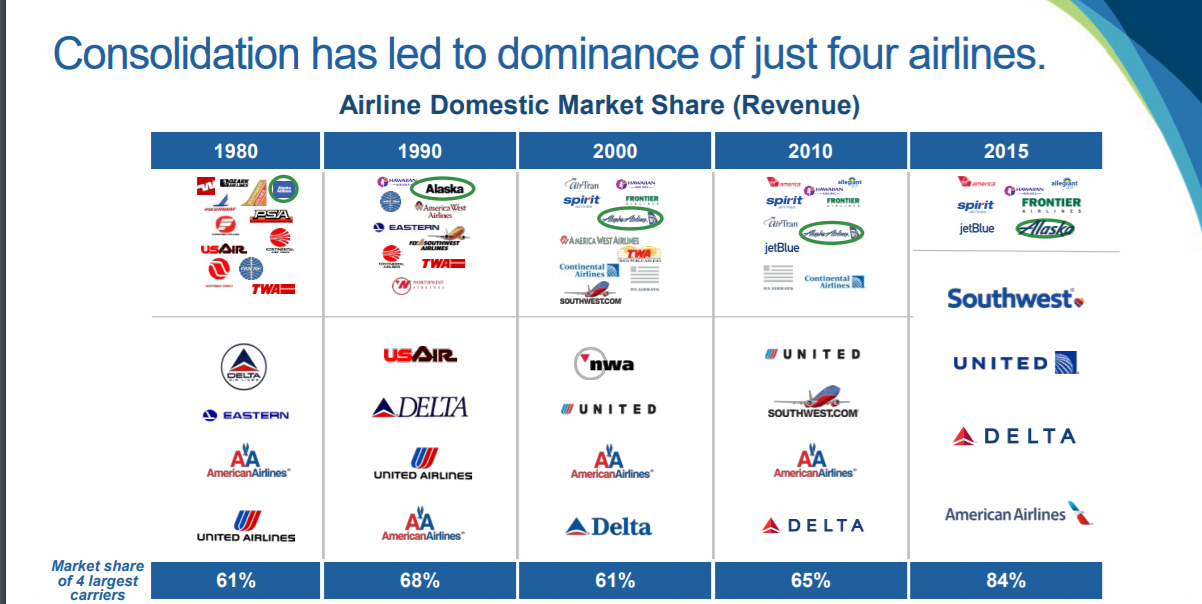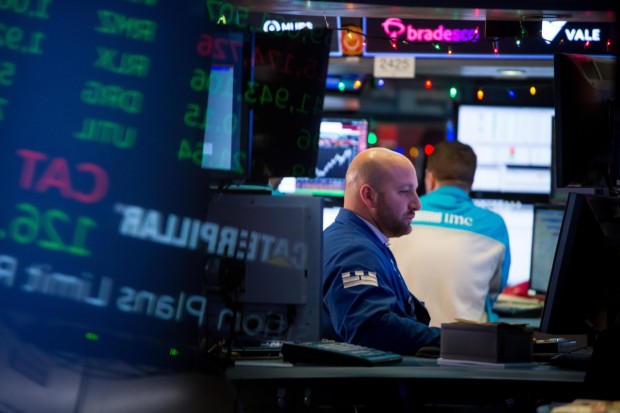Trading For Dummies Cheat Sheet

If you want an algorithm to make investment decisions for you, including for tax-loss harvesting and rebalancing, a robo-advisor may be for you. What’s more, the success of index investing has shown that if your goal is long-term wealth building, a robo-advisor may fit your style. Mutual funds are professionally managed pools of investor funds that focus their investments in different markets. Should you sell these stocks, the round trip (the act of buying and then selling) would cost you a total of $100, or 10 percent of your initial deposit amount of $1,000. These costs alone can eat into your account balance before your investments even have a chance to earn a positive return. In most cases, your broker will charge a commission every time that you trade stocks, whether you buy or sell.

Although you don’t need a license, it is important you rigorously monitor your trades, seek tax advice, and stay within laws and regulations when filing your tax returns. Audiobooks and podcasts, for example, are a great way for beginners to learn about day trading while on the go, at the gym or on the school run. It is worth including information on the time and size of entry and exit positions, the direction of trades, plus respective profits and losses. Remember, if you are day trading, you may want to place both long and short positions, depending on your market prediction for the day. Part of your day trading setup will involve choosing a trading account.
Learn to Diversify and Reduce Risk
Discount brokers allow users to place individual trades. Most day traders who trade for a living work for large players like hedge funds and the proprietary trading desks of banks and financial institutions. While stocks are great for many beginner investors, the “trading” part of this proposition is probably not. A buy-and-hold strategy using stock mutual funds, index funds and ETFs is generally a better choice for beginners.
Combined, these tools provide traders with an edge over the rest of the marketplace. The process of picking stocks can be overwhelming, especially for beginners. After all, there are thousands of stocks listed on the major U.S. exchanges. “I’d like to start investing in my employer’s 401(k).” This is one of the most common ways for beginners to start investing. Choose the option below that best represents how you want to invest, and how hands-on you’d like to be in picking and choosing the stocks you invest in. If you stumble across a word or phrase that leaves you scratching your head, refer back to this day trading dictionary and chances are you’ll get a quick and easy explanation.
Discount Brokers
Manually go through historical charts to find entry points that match yours. Note whether your stop-loss order or price target would have been hit. Determine whether the strategy would have been profitable and if the results meet your expectations.
- You can start with as little as 1% of each paycheck, though it’s a good rule of thumb to try to contribute enough to get your employer match.
- Although the spot market is commonly known as one that deals with transactions in the present (rather than in the future), these trades take two days to settle.
- A 10% to 20% decline in a major market index like the S&P 500 is called a stock market correction.
- Established online brokers such as Charles Schwab have added robo-like advisory services.
- Assess and commit to the amount of capital you’re willing to risk on each trade.
Companies can complete multiple secondary offerings of their stock when they need to raise additional funding, provided investors are willing to buy. Meanwhile, exchanges provide investors with liquidity since they can sell shares among each other. This must be deposited into the client’s account prior to any day-trading activities and maintained at all times. Most day traders make it a rule never to hold a losing position overnight in the hope that part or all of the losses can be recouped. A trader needs to have an edge over the rest of the market.
The trading or dealing desk provides these traders with instantaneous order execution, which is crucial. These traders are typically looking for easy profits from arbitrage opportunities and news events. Their resources allow them to capitalize on these less risky day trades before individual traders can react. Many day traders end up losing money because they fail to make trades that meet their own criteria.
Forex for Hedging
Day trading is risky for traders of all experience levels, but particularly for beginners. It requires a good understanding of how markets work and why strategies can turn a profit. In this guide to day trading for beginners, we explain how it works and share our tips for getting started, from strategies for dummies to managing risk. Following the trend is probably the easiest trading strategy for a beginner, based on the premise that the trend is your friend. Contrarian investing refers to going against the market herd. You short a stock when the market is rising or buy it when the market is falling.
This is something I never did, which has resulted in my trading journey taking probably 10 times longer than it needed to. The method I have found that will keep you as close to peak performance as possible is meditation. I personally meditate for 10 minutes before the market opens to help me find my center and erase whatever thoughts are floating around in my head. You can always move funds from one institution to another with a little paper work.
What Are the Margin Requirements for Day Traders?
Buying Apple shares because you bought such a beautiful iPhone is not a good plan. Therefore, it is important to consider when and why want to buy certain shares. When you have a good plan, you can also start tracking the results. By tracking your progress, you can slowly start improving your trading strategy.
Countries like the United States have sophisticated infrastructure and markets for forex trades. Forex trades are tightly regulated in the U.S. by the National Futures Association (NFA) and the Commodity Futures Trading Commission (CFTC). However, due to the heavy use of leverage in forex trades, developing countries like India and China have restrictions on the firms and capital to be used in forex trading.
Things to remember regarding the stock market
If you’re not well-versed in the basics of the stock market, the stock trading information spewing from the media can border on gibberish. If day trading, you want to find a brokerage firm with awesome execution capabilities and low commissions. If you are trading with a small amount of money, high commissions could make the difference between you finishing up or down for the month.
- When you do this for 20 years you have $549,143 and after 30 years you own more than $1,359,398.
- Big companies like Google and Shell are in the hands of shareholders.
- Many beginners prefer these modern and clutter-free terminals.
Also important to note is that day trading is for people who hate overnight risk. Some people hate overnight risk and therefore always close their trades before the market closes so they can sleep soundly at night. If you hate market overnight risk then you should definitely consider becoming a day trader. That share price is essentially the ETF’s investment https://1investing.in/ minimum, and depending on the fund, it can range from under $100 to $300 or more. These are kind of like the robo-advisor of yore, though they’re still widely used and incredibly popular, especially in employer retirement plans. Target-date mutual funds are retirement investments that automatically invest with your estimated retirement year in mind.
Day Trading For Beginners: Who Should Day-Trade?
A broker is a party which makes it possible to buy or sell shares. It is important to choose a broker with low transaction costs. One additional percent of transaction costs can quickly cost you tens of thousands in the long run.
Dumb Money Movie Review: This David vs Goliath Is An Absolute … – With Ashley And Company
Dumb Money Movie Review: This David vs Goliath Is An Absolute ….
Posted: Wed, 13 Sep 2023 18:28:58 GMT [source]
You can benefit from a price drop by short selling the share. When you short a share, your potential loss is unlimited. However, in economically bad times you can achieve high returns by going short. A market index tracks the performance of a group of stocks, which either represents the market as a whole or a specific sector of the market, like technology or retail companies.
For example, when intraday trading stocks, the first couple of hours after the markets open and the last hour before they close, tend to see the most price action. If you are S&P 500 day trading, you will be buying and selling the shares of companies, such as Meta and Apple. A day trader may wish to hold a trading position overnight either to reduce losses on a poor trade or relay assembly test room experiment to increase profits on a winning trade. Generally, this is not a good idea if the trader simply wants to avoid booking a loss on a bad trade. Fundamental analysis is better suited for long-term investing, as it focuses on valuation. The difference between an asset’s actual price and its intrinsic value as determined by fundamental analysis may last for months, if not years.







